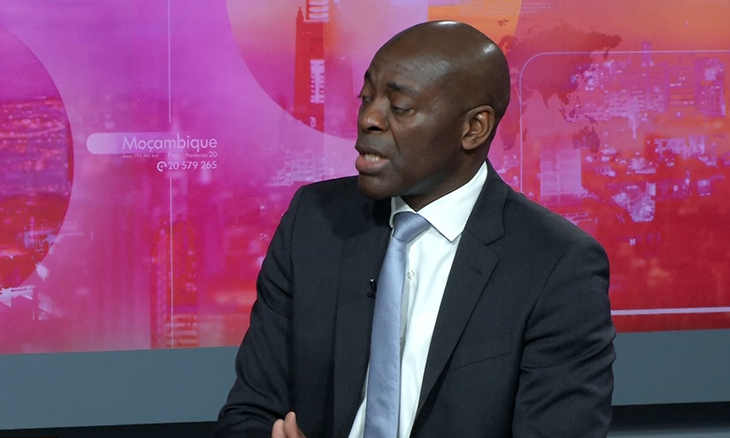Mozambique / Just In: Police use shots, tear gas to evict Renamo protestors from party HQ and ...
Mozambique Elections: Supreme Court clarifies that district courts have the power to annul elections – O País

Photo: O País
- The Supreme Court rejects the idea that district courts do not have the power to annul elections and says that the Constitutional Council was mistaken. Furthermore, the Supreme Court says, if it is to be like this, the electoral processes should no longer pass through them, because they have more to do.
This is the first time that the Supreme Court has spoken since seeing district court rulings annulled by the Constitutional Council (CC). The CC’s justification was that only those who validate can invalidate. Speaking on Stv Noticias’ ‘Noite Informativa’ programme, Supreme Court spokesperson Counsellor Judge Pedro Sinai Nhatitima said: “We do not agree.”
“If we look at the electoral law, it precisely says that the district courts assess irregularities that occur during the campaign, voting and counting process,” Nhatitima says. “Therefore, it is an open clause that results from the law, and we must always bear in mind that we are courts. We are sovereign bodies. We are not a mailbox or a vehicle to transfer procedures from one institution to another. The function of a court is to decide.”
The spokesperson for the Supreme Court further said: “If one believes that this is the role of the court to carry out or transfer proceedings from one institution to another, because there is another institution that will make a final decision, then we believe that there is no point in occupying the courts with this matter. The courts, as I said, are sovereign bodies and have a lot of workload, they have many occupations. If the courts are to act in this electoral matter, then they must be given full power to make the decisions that they find are the best suited, in terms of the Constitution, in accordance with the law. Of course, with the reservation that the parties, if they do not agree, can appeal to the Constitutional Council. That is when, in fact, the Constitutional Council will intervene and say that it will either confirm the decision or annul it. Now, simply saying that you cannot act in this or that way is debatable. So, we think, it is possible, if necessary, to clarify the legislation in relation to this aspect.”
But this is not the only thing that needs to be clarified. There is also, for example, the relationship between the Supreme Court and the Constitutional Council. “We feel that, in fact, there are some mistakes in the way of interpreting this issue of the relationship between sovereign bodies. There is no subordination between the Supreme Court and the Constitutional Council or between the Constitutional Council and the Supreme Court,” Nhatitima adds.
Regarding the independence of the judiciary, Nhatitima noted that the president and vice-president of the Supreme Court are appointed by the head of state, who is also head of the executive. Formally, this does not harm independence, but there is a human side. “As you say, from a human point of view, if there is any fragility on the part of this individual, of course there will be some vulnerability there. But, legally, the architecture of the building is designed to effectively allow a judge to carry out his or her responsibilities, calmly,” he concludes.












Leave a Reply
Be the First to Comment!
You must be logged in to post a comment.
You must be logged in to post a comment.